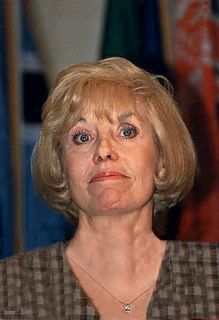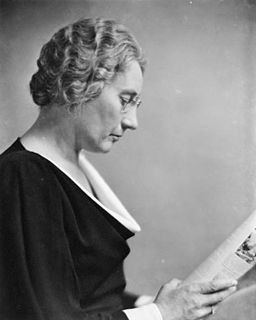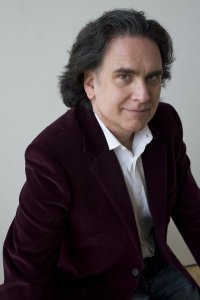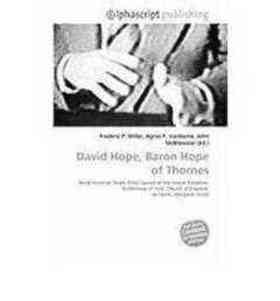A Quote by Aeschylus
For the marriage bed ordained by fate for men and women is stronger than an oath and guarded by Justice.
Related Quotes
Women have always been more critical of marriage than men. The great mysterious irony of it is - at least it's the stereotype - that women want to get married and men are trying to avoid it. Marriage doesn't benefit women as much as men, and it never has. And women, once they are married, become very critical of marriages in a way that men don't.
For years to come the debris of a convulsed world will beset our steps. It will require a purpose stronger than any man and worthy of all men to calm and inspirit us. A sane society whose riches are happy children, men and women, beautiful with peace and creative activity, is not going to be ordained for us. We must make it ourselves.
...Perses, hear me out on justice, and take what I have to say to heart; cease thinking of violence. For the son of Kronos, Zeus, has ordained this law to men: that fishes and wild beasts and winged birds should devour one another, since there is no justice in them; but to mankind he gave justice which proves for the best.
Formerly, many men dominated women within marriage. Now, despite a much wider acceptance of women as workers, men dominate women anonymously outside the marriage. Patriarchy has not disappeared; it has changed form. In the old form, women were forced to obey an overbearing husband in the privacy of an unjust marriage. In the new form, the working single mother is economically abandoned by her former husband and ignored by a patriarchal society at large.
I will insist the Hebrews have [contributed] more to civilize men than any other nation. If I was an atheist and believed in blind eternal fate, I should still believe that fate had ordained the Jews to be the most essential instrument for civilizing the nations. They are the most glorious nation that ever inhabited this Earth. The Romans and their empire were but a bubble in comparison to the Jews. They have given religion to three-quarters of the globe and have influenced the affairs of mankind more and more happily than any other nation, ancient or modern.





































